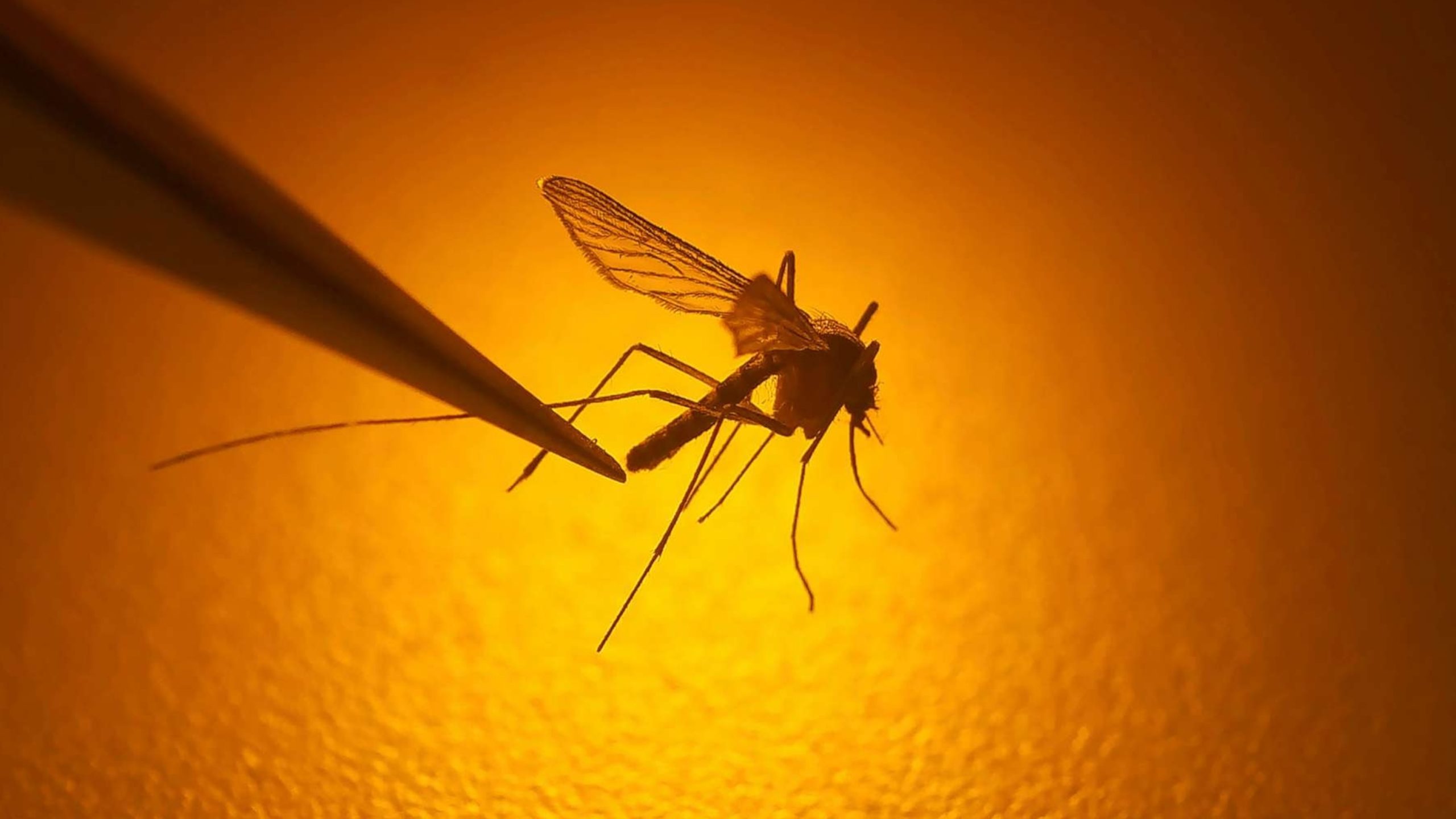States Issue West Nile Virus Alerts Following Detection of Cases in Residents
With the arrival of summer, many states across the United States are issuing alerts and taking proactive measures to combat the spread of West Nile Virus (WNV) following the detection of cases in residents. West Nile Virus is a mosquito-borne illness that can cause severe symptoms and, in some cases, even death. As a result, health officials are urging the public to take necessary precautions to protect themselves from mosquito bites and reduce the risk of contracting the virus.
West Nile Virus is primarily transmitted through the bite of infected mosquitoes, which acquire the virus by feeding on infected birds. While the majority of people infected with WNV do not experience any symptoms, around 20% may develop mild flu-like symptoms such as fever, headache, body aches, and fatigue. In rare cases, severe symptoms can occur, including high fever, neck stiffness, disorientation, coma, tremors, seizures, paralysis, and even death.
In recent weeks, several states have reported confirmed cases of West Nile Virus in their residents. These states include California, Texas, Florida, Louisiana, and Arizona. In response to these cases, state health departments have issued alerts and recommendations to help prevent the spread of the virus.
One of the primary measures recommended by health officials is to reduce mosquito breeding grounds around homes and communities. Mosquitoes breed in stagnant water, so it is crucial to eliminate any standing water sources such as flowerpots, birdbaths, clogged gutters, and discarded tires. Regularly emptying and cleaning containers that hold water can significantly reduce mosquito populations.
Another key preventive measure is to protect oneself from mosquito bites. This can be achieved by wearing long-sleeved shirts and long pants when outdoors, especially during dawn and dusk when mosquitoes are most active. Applying an EPA-registered insect repellent on exposed skin and clothing can also provide effective protection against mosquito bites.
Furthermore, it is important to ensure that windows and doors have screens to prevent mosquitoes from entering homes. Using air conditioning or keeping windows and doors closed can also help reduce the risk of mosquito bites indoors.
State health departments are also actively monitoring mosquito populations and conducting mosquito control activities to reduce the number of infected mosquitoes. These efforts include spraying insecticides in areas with high mosquito activity and implementing larval control measures to target mosquito breeding sites.
Public awareness campaigns are being launched to educate residents about the risks associated with West Nile Virus and the necessary precautions to take. Health officials are urging individuals to be vigilant and report any dead birds or areas with large mosquito populations to their local health departments.
While the detection of West Nile Virus cases in residents is concerning, it is important to remember that the majority of people infected with the virus do not develop severe symptoms. However, taking preventive measures is crucial to protect vulnerable populations, such as the elderly and individuals with weakened immune systems, who are at a higher risk of developing severe illness.
By following the recommendations issued by state health departments, individuals can significantly reduce their risk of contracting West Nile Virus. By eliminating mosquito breeding grounds, protecting oneself from mosquito bites, and reporting any suspicious mosquito activity, we can collectively work towards preventing the spread of this potentially dangerous virus and ensuring a safe and enjoyable summer season.



